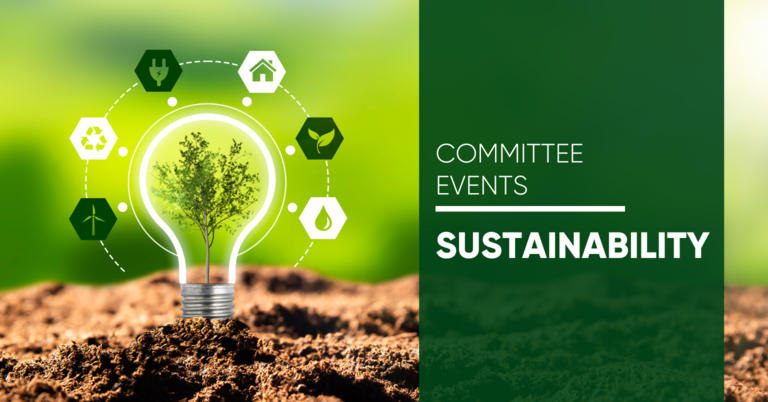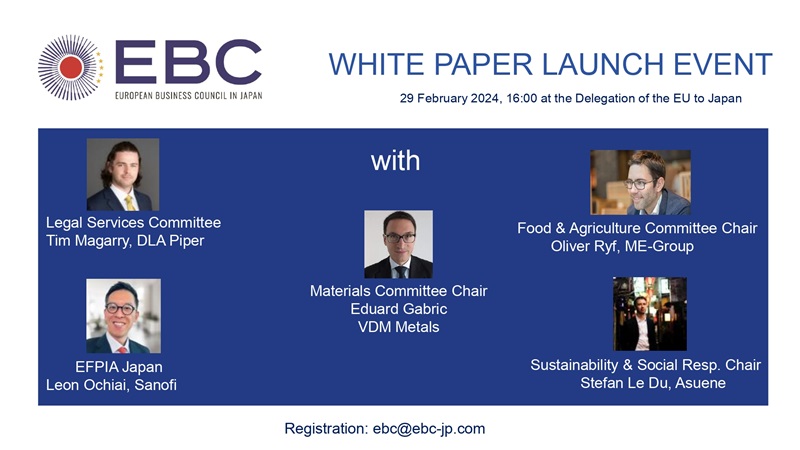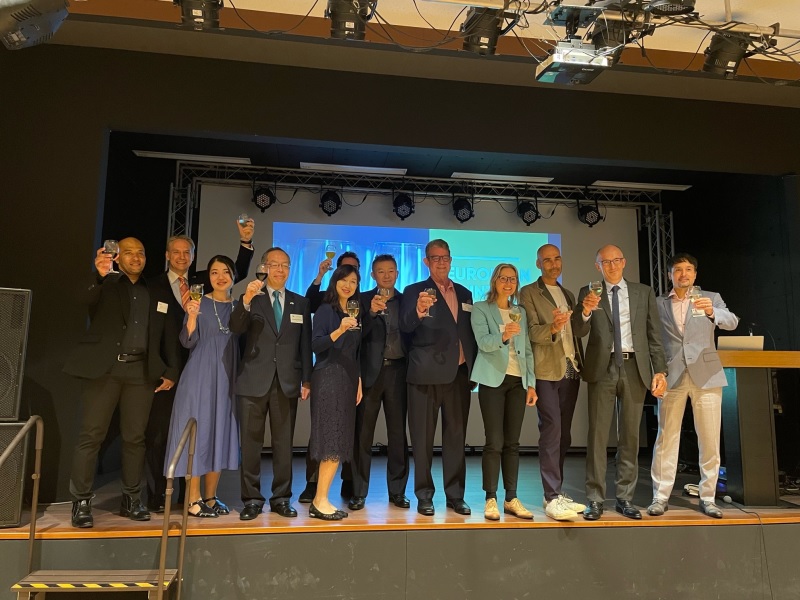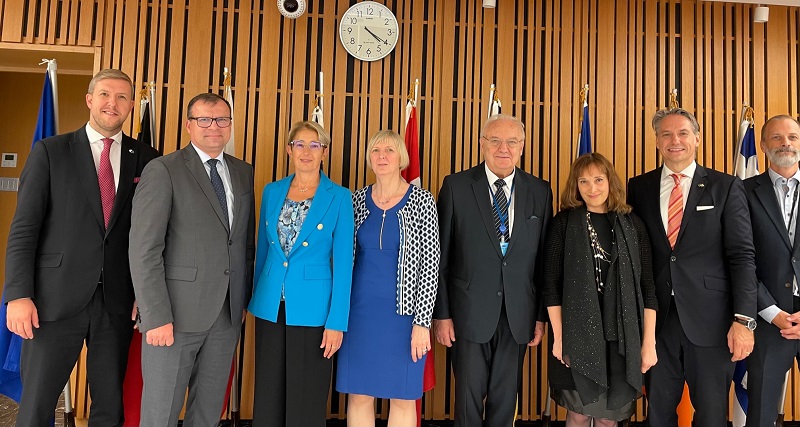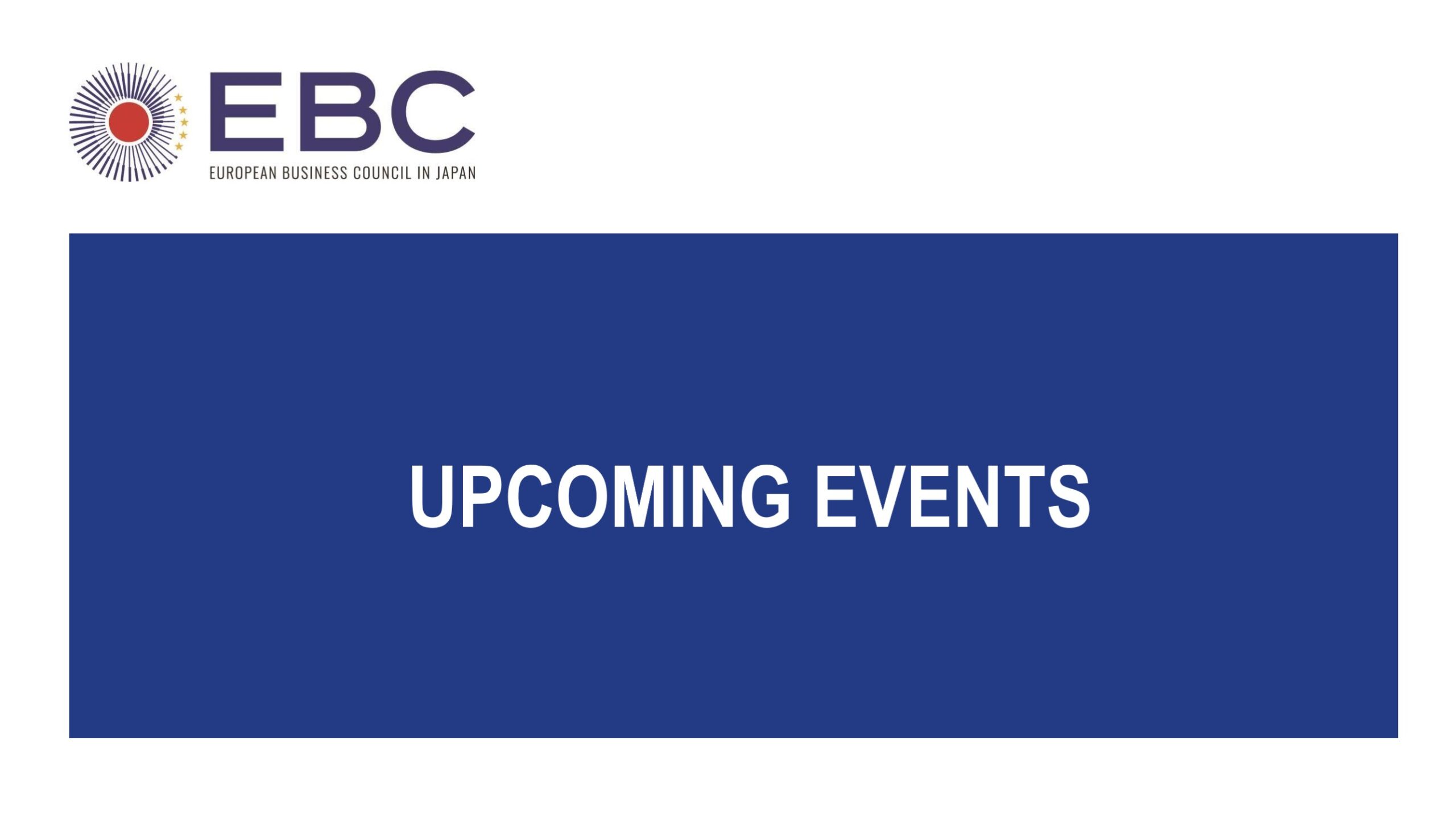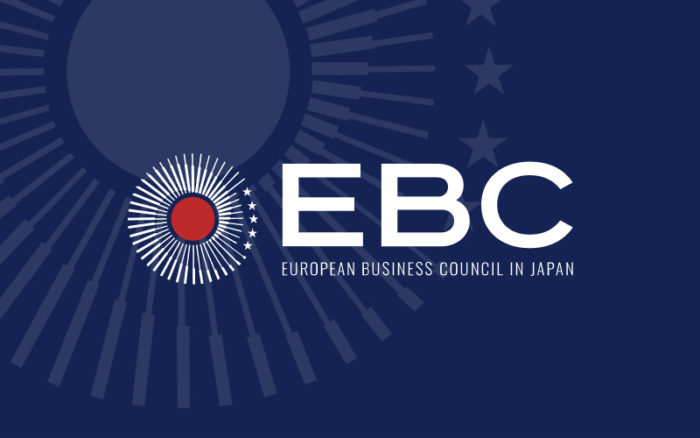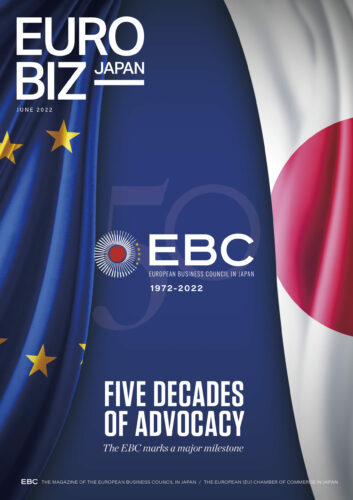-
Published:
Syndicated loans
Committee:
Bankingstatus:
NewThe increase in overseas investments and acquisitions by Japanese corporates has led to a significant increase in the need for syndicated loans in foreign currencies (primarily US Dollars) and to a challenge for Japanese banks to support this activity given their limited access to non-Yen currencies. Large Japanese banks are therefore advocating for a deregulation of the Money Lending Act (MLA) that would allow foreign banks without a presence or banking license in Japan to participate in non-Yen syndicated loans arranged in Japan, thereby adding liquidity to this market and facilitating the arrangement of such loans. This is currently prohibited under the MLA which only allows participation in such loans to foreign financial institutions with established branches and banking licenses in Japan. In summer 2024, the FSA launched a Working Group (WG) to discuss this request. The WG is scheduled to release an interim report in early 2025, based on which further discussions are expected. From the standpoint of foreign banks operating in Japan, while such deregulation may benefit those who are strong in the arrangement of syndicated loans by allowing access to a broader pool of potential lenders outside Japan, it may also threaten the level playing field for foreign banks focusing on participation who complied with existing regulations and established a domestic presence and banking licenses in Japan.
-
Published:
Domestic standardisation
Committee:
Railwaysstatus:
NewIn July 2024, JR East and JR West announced an initiative aimed at standardising equipment and components in conventional railcars. This effort seeks to sustain and advance the railway transportation business while ensuring stable transportation services. The initiative is partly in response to systemic changes in the domestic railway market, including shifts in passenger behaviour, a growing labour shortage, and declining domestic production capacity. The EBC views this initiative as a highly positive first step and hopes that other Japanese railway operators will either join this effort or establish their own harmonisation initiatives.
-
Published:
Advanced materials
Committee:
Materialsstatus:
NewPossible cooperation on advanced materials with focus on sustainable energy generation, storage, transmission (super conductors) and utilisation. Materials which help to create environmentally and climate-friendly technologies eg. fuel cells, but also advanced materials enabling/improving new production processes such as additive manufacturing. Energy transition require more and more international cooperation and can only succeed if the EU and Japan combine their expertise. This is of utmost importance on order to have better control over vital supply chain.
UPDATES
DIGITAL WHITE PAPER
Kindly sponsored by CHANEL
NEW ISSUES
URGENT ISSUES
RESOLVED ISSUES
-
Published:
Malt and quota management system
Committee:
Food & Agriculturestatus:
ResolvedJapan had a tariff quota system for malt even from before the EPA, which introduced a quota for EU origin malt. However, only companies manufacturing beer themselves or importing exclusively for the use of a particular brewery were allowed to apply for a quota, discriminating against traders wishing to import on their own account for selling to multiple customers in small volumes or on short notice. Following multi-year efforts by the EBC and the EU, this was remedied in late 2021, opening the door to importers to provide for a large variety of EU-origin malts even in smaller quantities for the flourishing craft beer market, and for non-brewery users. However, an administrative burden remains, which is unreasonable considering the quota is not fully utilized and all eligible quota applications are being granted.
-
Published:
Airport infrastructure
Committee:
Transportation & Communicationsstatus:
ResolvedThe EBC encourages the continued opening up of HND airport slots. In addition, improved “on or near airport” facilities, including for catering and cargo are needed. The new air corridor at HND will enable a reduction in fuel consumption through a more direct approach, which will have a positive impact on the environment.
-
Published:
Travel restrictions
Committee:
Cross-Committee Issuesstatus:
ResolvedThe EBC fully understands and supports the Japanese government’s efforts to try to stem the spread of Covid-19 among the residents of Japan. However, it cannot be emphasised enough that European firms, as well as Japanese and other non-Japanese firms, have been suffering for months because they have not been able to bring in essential personnel from overseas. This is true both for specialists — such as engineers, researchers, and medical personnel — and for those in top management positions.
NEWS FEED
- Japan’s ANA expands European flights to tap tourist and cargo demand (Nikkei Asia)
- Japan Faces Stiff Challenges to Meet Targets in New Energy Plan; Rising Electricity Demand Fuels Difficulties (The Japan News)
- Japan adopts new carbon reduction targets as it plans to boost nuclear and renewable energy by 2040 (The Asahi Shimbun)
- Govt Preparing Bill on Naming Malicious AI Companies; Investigative Power Included, Criminal Penalties Not (The Japan News)
- Japan’s Wage Gap Widens as Small Firms Struggle (News on Japan)
- From Toyota to Nissin, Japan companies open spigot on U.S. investment (Nikkei Asia)
- Japan companies cut CO2 emissions while expanding businesses, study shows (Nikkei Asia)
- Japan manufacturing rides AI boom to recovery with profits up 8% (Nikkei Asia)
- FSA Asked Apple, Google to Remove Illegal Crypto Exchange Apps; Effort to Protect Traders, Prevent Money Laundering (The Japan News)
- Ministry Aims to Standardized Product Information by FY 2026; Cited as Solution for Labor Shortages, Rising Costs (The Japan News)
- Japan to raise local content target for offshore wind farms to 70% (Nikkei Asia)
- Japan Delays Abolishment of Company Size Threshold for Mandatory Enrollment in Employee Pension Program (The Japan News)
- Japan to Tighten Screening of Foreign Investors; Foreign Firms, Individuals to Report to Government Before Investing in Industries Deemed High Security (The Japan News)
- Japan airports struggle to resolve relentless fuel shortage (Nikkei Asia)
- EU vows ‘action plan’ for beleaguered auto sector (Japan Today)
- Government Plans to Raise Eco-Friendly Car Subsidies from April; Japanese Manufacturers Using ‘Green Steel’ Able to Receive Up to ¥50,000 (The Japan News)
- Australian carbon recycling startup lures Japanese investors (Nikkei Asia)
- Japan to require farmer action if key food supplies drop by 20% (The Mainichi)
- Japan to overhaul troubled foreign trainee program: 3 things to know (Nikkei Asia)
- Gov’t, Keidanren aim to double investment to ¥200 tril by FY2040 (Japan Today)
- Japan government eyes extending stays of pregnant skilled foreign workers (Kyodo News+)
- Japan ministry to expand support for companies to fix set intervals between work shifts (The Mainichi)
- Japan to ease financial burden of foreign trainees with new program (Nikkei Asia)
- Japan to tighten foreign investment screening to prevent info leaks (The Mainichi)
- Japan to introduce smaller emergency vehicles after Noto quake (Japan Today)
- Japan Plans for Private Sector to be Involved in Next Space Station; JAXA Will Not Be Point of Contact for ISS Successor (The Japan News)
- Japan gov’t-backed lender to fund major German telecom’s 5G expansion (The Mainichi)
- LDP Approves Outline of ‘Active Cyber Defense’ Bills; System to Prevent Major Cyberattacks in Japan (The Japan News)
- Cyber Defenders To Need Prior OK To Neutralize Servers; Govt Eyes Establishing Independent Organ To Give Approval (The Japan News)
- Japan to ease financial burden of foreign trainees with new program (Nikkei Asia)
- Japan to tighten foreign investment screening to prevent info leaks (The Mainichi)
- Japan earmarks $1bn in support for chip designers (Nikkei Asia)
- Japan seeks more space industry talent by defining roles (Nikkei Asia)
- Ministry move to increase takeoffs and landings at Narita Airport (The Asahi Shimbun)
- Japan Fair Trade Commission to Hire Chief Technology Specialist From Private Sector to Compete With Giant IT Firms (The Japan News)
- Ishiba Aims to Revitalize Japan with Regional Revamp (News on Japan)
- Small, midsize firms crucial for Japan’s wage hikes: business chief (Japan Today)
Join & Support
EBC members can not only learn about important changes taking place in Japan, but also play a critical role in influencing change themselves.
Some 300 of the over 2,500 affiliated local European companies and individuals participate directly in one or more of the EBC’s 22 industry committees covering a wide variety of economic sectors.





